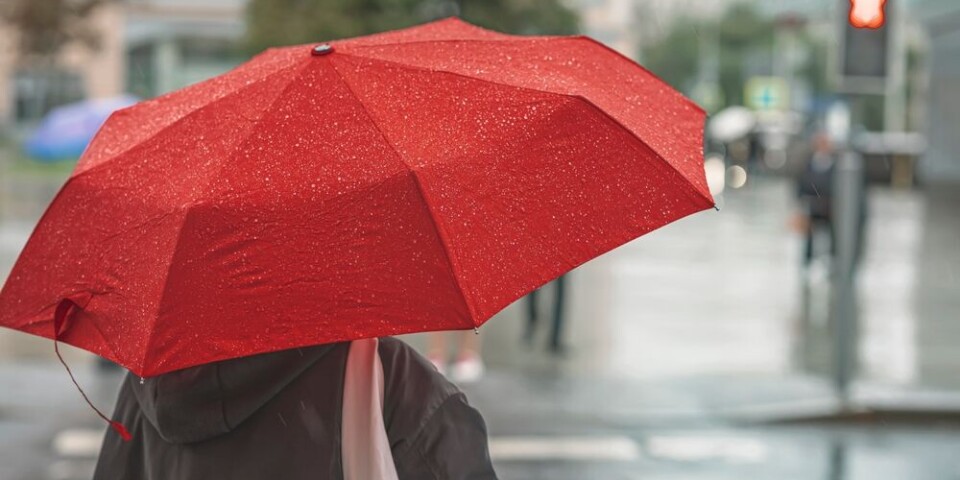-
Video: raccoon spotted in French Pyrenees
Local animal experts say this is ‘not good news’ and ask the public to report any further sightings
-
French hunting season 2025-2026 dates by department and species
Organised hunts are set locally and Sundays tend to be the busiest day
-
10% of France’s green energy wasted in first half of 2025
Problem attributed to the intermittent nature of solar and wind power
Green news - August 2018
Eco news from around France

15% organic farmland plan by 2022
The French government has announced its plan to ensure 15% of farmable land is used for organic farming by 2022, as against 6.5% currently. However, its financing has raised doubts among some agricultural associations and unions.
The Ambition Bio 2022 plan aims to develop organic production and consumption and to structure the industry, explained the Minister of Agriculture, Stéphane Travert.
It must also facilitate more research, the training of stakeholders and the adaptation of regulations, he said.
For producers, the plan will make aid schemes to encourage farm conversion “more legible and visible”.
Fish trap to combat mosquito nuisance
A new eco-friendly way of combating mosquitos is being trialled in Le Cannet, near Cannes on the French Riviera...using fish in a ‘stagnant pond’ inside a plastic tub loaded with organic matter and mineral elements.
The idea is to recreate an environment that mosquitoes love on balconies or in gardens, then to tempt them into a trap in which goldfish or mosquitofish lie in wait. When they fall in, the mosquitoes and then their larvae are swallowed by the fish.
The scheme has the backing of the local council, which will offer installation tips but will not supply the required elements. “We want to put in place a collective battle strategy,” said Patrice Miran, head of the Cannet’s sustainable development and green space department. “The advantage of this fish trap is that it is inexpensive and does not require specialist skills.”
Steel plant heat warms local buildings
The town of Saint-Chély-d’Apcher, Lozère, has inaugurated an urban heating network using energy taken from a steel plant located in the commune, covering energy needs equivalent to 1,150 homes.
The process relies on the recovery of what is called ‘fatal’ heat released in the cooling phase of steel made by the ArcelorMittal. The heat is then distributed to 55 connected buildings including shops, housing, public buildings, public housing offices and swimming pools.
The €5.6 million project was led by Kyotherm Group, a specialist in financing operations in the field of renewable heat generation, and it can recover up to 4.8 megawatts of heat.
Saint-Chély-d’Apcher Mayor Pierre Lafont is delighted with the project: “The connection of the plant and the recovery of its energy is a welcome opportunity.
The benefits are there for all to see, says site manager Philippe Chapus. He explained: “In total, this project improves the carbon footprint of 17 GWh per year of consumption within the plant and avoids the release into the atmosphere of more than 4,000 tonnes of CO2 per year.”
Keeping Reims free of fag ends
A history student in Reims who spends several hours a week collecting up to 3,000 cigarette butts, is calling on fellow Remois to join in his effort.
Florian Mauclair picks up cigarette butts discarded in front of office buildings, parks and green spaces the city’s Clairmarais district.
His aim is to make smokers aware of the problem, especially from an environmental viewpoint. “It takes 12 years for a cigarette butt to disintegrate, and in the meantime, it pollutes,” he added.
























